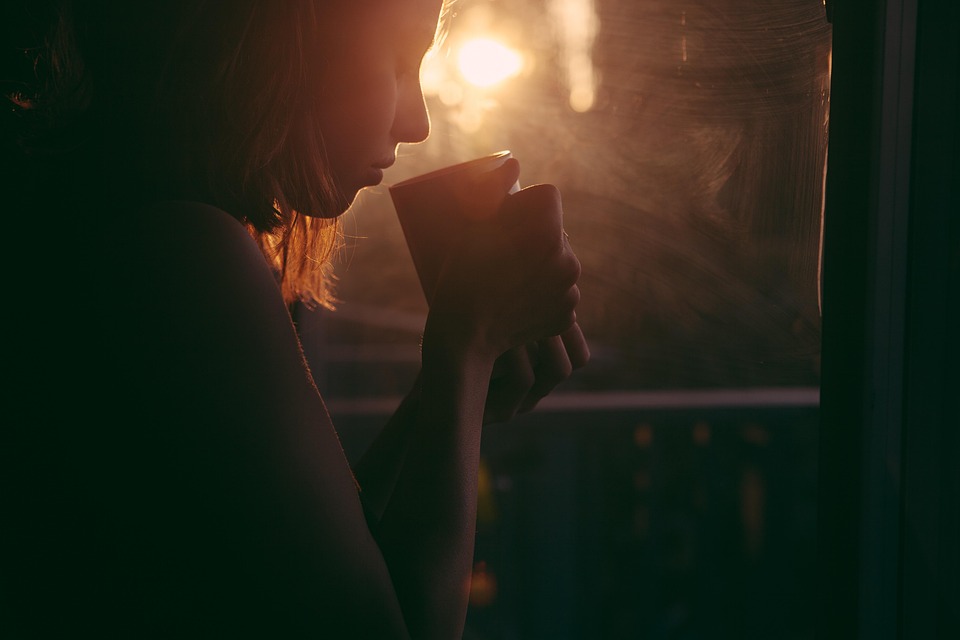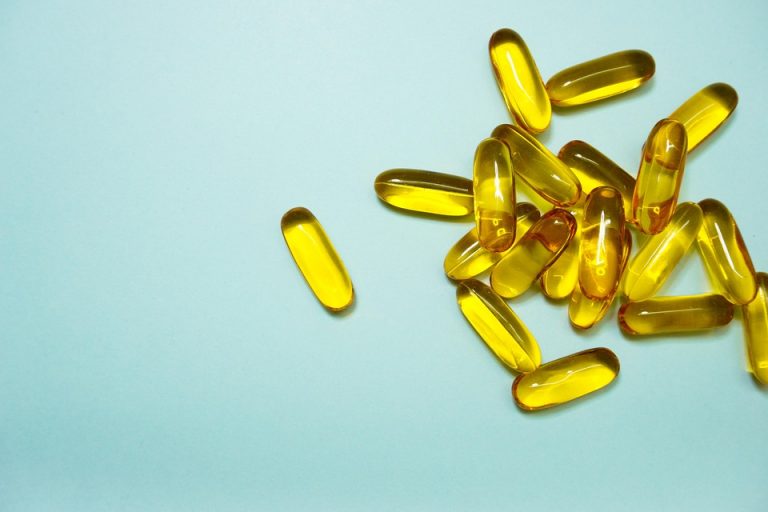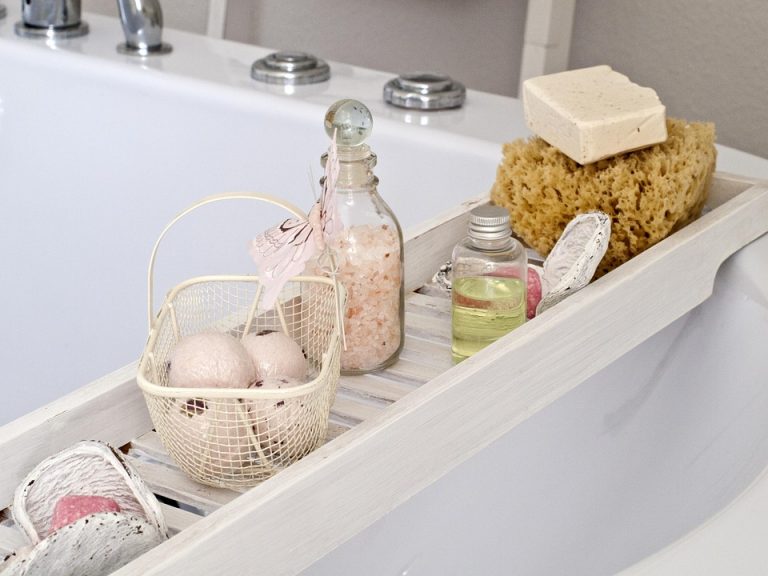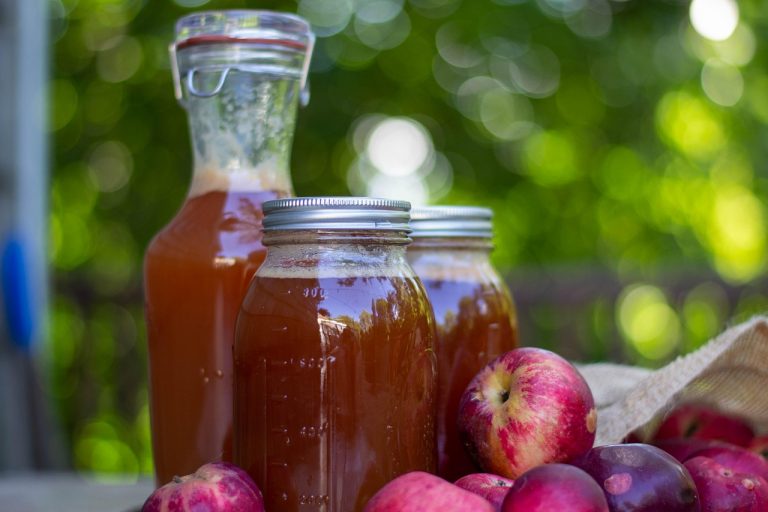After a long day, when your muscles feel like they’ve been through a blender, there’s nothing quite like a soothing cup of tea or herbal brew to help you unwind. But did you know that certain beverages can not only calm your mind but also help relax your muscles? Imagine sinking into your couch, a warm mug in hand, feeling the tension melt away. If that sounds appealing, you’re in the right place. Let’s explore five brews that can help you achieve ultimate muscle relaxation.
Contents
1. Chamomile Tea: The Classic Relaxant
Chamomile tea is often touted as a go-to for relaxation. This gentle brew has been used for centuries, thanks to its calming properties. The key ingredient, apigenin, is a flavonoid that binds to specific receptors in your brain, promoting sleepiness and reducing anxiety.
Pros:
- Natural Sleep Aid: Chamomile is well-known for its ability to help with insomnia. A good night’s sleep can lead to less muscle tension and a more relaxed body.
- Anti-Inflammatory Properties: The anti-inflammatory effects can assist in reducing muscle soreness.
Cons:
- Allergic Reactions: Some individuals may experience allergic reactions, especially if they are allergic to plants in the daisy family.
- Mild Sedative Effects: This might not be ideal for those who need to stay alert.
Personal Take:
I’ve personally found chamomile tea to be a comforting ritual before bed. A warm cup in hand, I can feel the day’s stresses fade away. It’s like a hug in a mug!
2. Hibiscus Tea: A Tart Twist on Relaxation
Hibiscus tea, with its vibrant red hue and tart flavor, is not just a pretty drink. Rich in antioxidants, hibiscus has been linked to muscle relaxation due to its ability to lower blood pressure and improve circulation.
Pros:
- Rich in Antioxidants: These compounds help combat oxidative stress, which can contribute to muscle tension.
- Blood Pressure Regulation: Lowering blood pressure can lead to a more relaxed state, both mentally and physically.
Cons:
- Potential Interactions: Hibiscus can interact with certain medications, particularly those for blood pressure and diabetes.
- Taste Sensitivity: Its tartness may not be suitable for everyone.
Cultural Context:
In many cultures, hibiscus is more than just a drink; it’s a tradition. In parts of Africa and the Caribbean, hibiscus tea is often served during social gatherings, promoting relaxation and community.
3. Peppermint Tea: The Refreshing Reliever
Peppermint tea is another fantastic option when it comes to relaxing those overworked muscles. The menthol in peppermint has a cooling effect that can provide relief from muscle tension and soreness.
Pros:
- Muscle Relaxant: The menthol helps soothe muscle spasms and cramps.
- Digestive Aid: This can be especially beneficial if muscle tension is tied to digestive issues.
Cons:
- Heartburn: For some, peppermint can exacerbate heartburn or acid reflux.
- Not for Everyone: Those with certain conditions, like GERD, might need to avoid it.
My Experience:
Whenever I have a headache or feel particularly tense, a cup of peppermint tea works wonders. The cool sensation is refreshing and soothing, making it my go-to brew when I need a pick-me-up.
4. Lavender Tea: The Aromatic Soother
Lavender tea is not just aromatic; it’s known for its calming effects. The scent of lavender is often used in aromatherapy for relaxation, and drinking it can yield similar benefits.
Pros:
- Anxiety Reduction: Lavender has been shown to reduce anxiety levels, which can lead to physical relaxation.
- Sleep Improvement: Drinking lavender tea before bed can enhance sleep quality, further aiding muscle recovery.
Cons:
- Hormonal Effects: Some studies suggest that lavender may have hormonal effects, which could be a concern for some individuals.
- Taste Preference: Its floral flavor might not appeal to everyone.
Anecdote:
I remember a particularly stressful week when I discovered lavender tea. After a mug each evening, I felt not just my muscles relax, but also my mind. It turned out to be a game-changer for my nightly routine.
5. Ginger Tea: The Spicy Soothe
Ginger tea may not be the first drink that comes to mind for muscle relaxation, but it has properties that can help with muscle soreness and inflammation. The active compound, gingerol, is known for its anti-inflammatory effects.
Pros:
- Pain Relief: Ginger has been shown to alleviate muscle pain and soreness.
- Digestive Health: Like peppermint, ginger can help soothe digestive issues, which may indirectly relieve muscle tension.
Cons:
- Potential for Upset Stomach: For some, ginger can be too strong and might cause stomach upset.
- Blood Thinning Effects: Those on blood thinners should consult a healthcare provider before indulging.
Practical Tip:
I often brew ginger tea with a bit of honey and lemon for an extra kick. It’s a warming drink that feels like a warm blanket on a chilly day, perfect after a tough workout.
FAQs
1. Can these teas be consumed daily?
Yes, most of these teas can be enjoyed daily. However, it’s essential to listen to your body and consult a healthcare provider if you have any concerns or underlying health conditions.
2. Are there any side effects to be aware of?
While these brews are generally safe, some individuals may experience allergic reactions or digestive discomfort. Always start with a small amount to see how your body reacts.
3. Can I mix these teas for added benefits?
Absolutely! Many people enjoy blending teas. For example, chamomile and lavender make a soothing bedtime brew, while ginger and peppermint can create a refreshing digestive aid.
4. How do I prepare these teas?
Most of these teas can be prepared by steeping the dried leaves or flowers in hot water for about 5-10 minutes. Adjust the steeping time according to your taste preference.
Conclusion
Finding ways to relax your muscles doesn’t have to be complicated. With these five soothing brews—chamomile, hibiscus, peppermint, lavender, and ginger—you can create a calming ritual that not only helps your body unwind but also offers a moment of peace in your busy life.
So, the next time you feel that tension building up, consider brewing a cup of one of these delightful teas. It might just become your new favorite way to relax. Remember, self-care is not just a luxury; it’s a necessity.
Disclaimer: This article is for educational purposes only and is not a substitute for professional medical advice. Always consult a qualified healthcare provider before making changes to your health routine.
References
- Zick, S. M., et al. (2011). “Chamomile: A herbal medicine of the past with a bright future.” Molecular Medicine Reports, 4(3), 509-515. https://www.ncbi.nlm.nih.gov/pmc/articles/PMC3619549/
- Hadi, A. M., et al. (2019). “Hibiscus sabdariffa: A review on its health benefits.” Journal of Food Science and Technology, 56(1), 1-11. https://link.springer.com/article/10.1007/s11483-018-1541-5
- Coon, J. T., & Ernst, E. (2002). “Herbal medicines for the treatment of depression and anxiety: A systematic review.” Journal of Clinical Psychiatry, 63(7), 507-511. https://www.ncbi.nlm.nih.gov/pubmed/12151270
Get Your FREE Natural Health Guide!
Subscribe now and receive our exclusive ebook packed with natural health tips, practical wellness advice, and easy lifestyle changes, delivered straight to your inbox.





